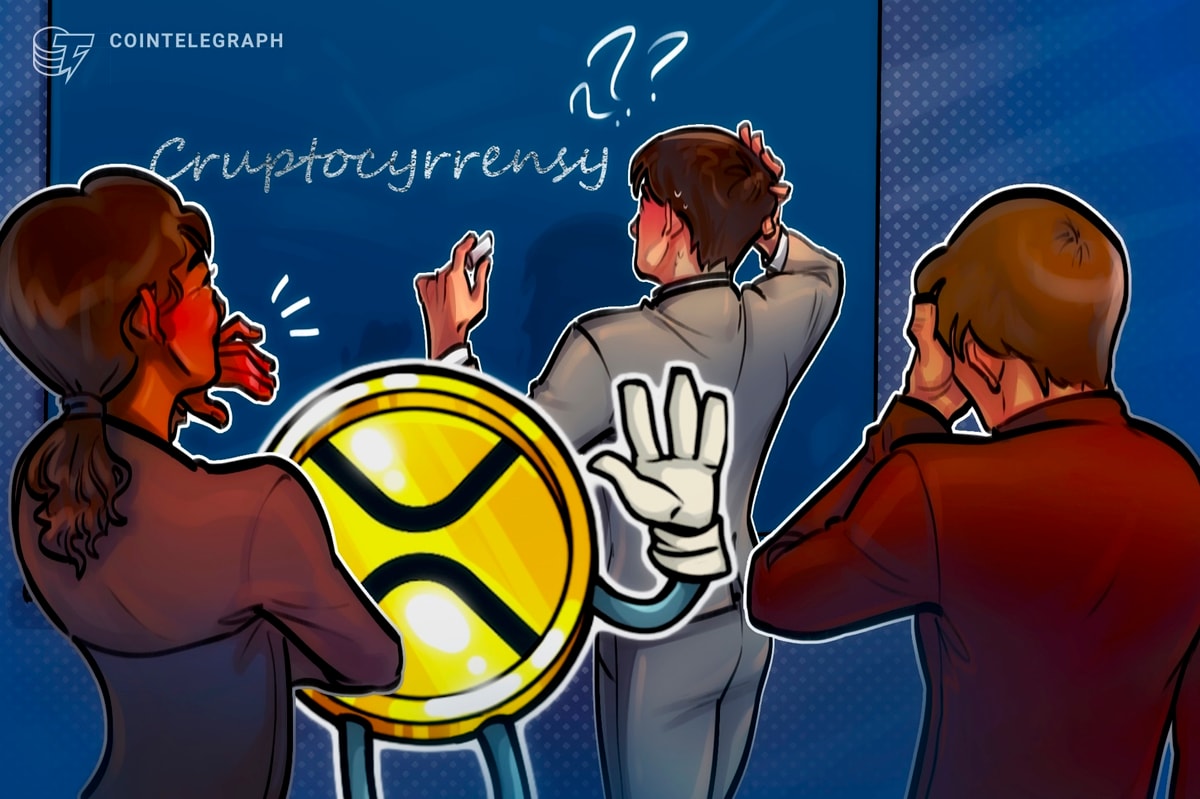Launchpad Pump.fun’s livestream feature has seemingly turned into a platform for developers to broadcast extreme shock content to promote their tokens — and it may result in civil or criminal lawsuits according to legal experts.
From suicide threats and animal abuse to pornography, developers pushing boundaries have faced little to no consequences beyond having their content removed.
Meanwhile, industry participants urged Pump.fun to pull the plug on its livestreams, which it did earlier today until such time as it can properly moderate content.
In a community note on Nov. 25, Pump.fun said “We acknowledge that recent events on our platform’s live streams have caused concern,” and says it has now paused the functionality “for an indefinite time period.”
Calls for Pump.fun to close its livestream feature. Source: Beau
Pump.fun is one of this year’s runaway success stories, playing a major role in Solana’s memecoin superstardom by offering code-free token launch services with just a few clicks.
The platform has remained out of regulatory purview despite being the birthplace of several scam tokens and rug pulls. However, the latest series of provocative acts on its livestreams are pushing market watchers to call for regulatory action.
“It’s a legitimate reason for a criminal investigation and civil lawsuits,” Yuriy Brisov, a partner at Digital and Analogue Partners, told Cointelegraph.
Related: Pump.fun faces backlash over harmful content on livestream feature
Pump.fun and its co-founder “Alon” did not respond to Cointelegraph’s request to comment on the story but posted a public statement on X.
“Although we strongly stand for free speech and expression, it’s our responsibility to ensure that users don’t see clearly repulsive/dangerous content and that bad actors aren’t given a platform to act as they wish,” Alon said.
Pump.fun and content platform liabilities
Pump.fun’s latest issues with livestreams are reigniting the ongoing debate about whether channels that distribute user-generated content, like X or YouTube, should be responsible for what is shared on their platforms.
On social media, illicit content often slips through the cracks amid the overflow of user-generated content despite advancements in content moderation technologies.
Recently on Pump.fun, one “developer” threatened to hang himself if their token didn’t reach a certain market cap, while another endangered a goldfish on camera.
Source: DBCrypto
Mikko Ohtamaa, co-founder of algorithmic trading firm Trading Strategy, said on X that Pump.fun has two options: either get shuttered quickly by police after opting for no moderation or eventually get closed down years later after regulators wrap their heads around it.
“I advocate for freedom of speech, but these streams are causing practical issues where people are breaking the law in live broadcasts. This will trigger a shutdown when the mainstream media catches a wind on this,” Ohtamaa said.
Alon admitted on X that Pump.fun’s moderation “isn’t perfect,” adding that an NSFW (not safe for work) toggle can be turned on to hide extreme videos.
In the United States, Section 230 of the Communication Decency Act gives a form of immunity to platforms hosting user-generated content.
While platforms are generally protected, they must act responsibly when moderating content. Failure to do so, especially if they knowingly allow harmful content, can result in legal challenges. For instance, in Barnes v. Yahoo!, the court held that a platform’s promise to remove harmful content could create liability if not fulfilled.
Alon said that Pump.fun has a “large” team of moderators “working around the clock” while inviting community members to flag unmoderated content or tokens to its support channels.
On Nov. 25, the first page of Pump.fun’s livestreaming board displayed a number of pornographic and racially offensive content.
Across a total of four pages, Cointelegraph observed numerous instances of animal abuse and violent content, which appeared to have been eventually taken down.
Pump.fun is a memecoin haven, but most are accused of scamming users
The platform’s welcome note to visitors claims that it prevents rug pulls, but rugging Pump.fun-launched tokens is apparently not that difficult.
Pump.fun says it prevents rug pulls. Source: Pump.fun
In a recent livestream, a teenager created a token and then allegedly dumped it on his investors to pocket $30,000 before flipping off the audience with the double middle fingers live on air.
Teenager’s alleged live rug pull. Source: TikTokInvestors
Some pornographic livestreams are accused of playing recorded videos of adult content creators on other platforms, which are used as clickbait, only to rug investors.
According to Dune Analytics data, over 3.8 million tokens have been launched through Pump.fun since the platform went live in January.
These tokens have a low success rate, with an estimated 1.2% of tokens successfully reaching the $69,000 market cap required for listing on decentralized exchanges like Raydium.
This could be attributed to several factors, such as the oversaturation of tokens and poor marketing, but also scams and rug pulls.
“This is not a good look for the industry,” Mads Eberhardt, a senior crypto analyst at Steno Research, told Cointelegraph. “I believe there’s no stopping the snowball effect of growing institutional adoption, but the industry would be in a better place if this were not happening simultaneously.”
Related: Savvy memecoin trader makes $988K in 3 hours despite rug pull
According to Digital and Analogue Partners’ Brisov, existing laws cover fraudulent behavior involving cryptocurrencies. In the case of Pump.fun, token creators could be liable for wire fraud, a form of white-collar crime that occurs over electronic means, including the internet.
Memecoins are still coins
“For reasons that are not understandable to me, entrepreneurs who deal with memecoins, they think that laws do not apply to them,” Brisov said.
“If you are wash trading, if you are rug pulling on Pump.fun, the same laws will apply to you, and the [United States] Department of Justice will come to you, and you will be prosecuted and put in jail for many years,” he warned.
Pump.fun does not prominently display terms and conditions or disclaimers on its website like many others do. Their absence could potentially be used against the platform if any formal investigations or lawsuits are launched against it.
The Department of Justice is not the only agency that Pump.fun should be worried about, according to Brisov.
“Any token has the potential to be seen as a security, meaning there is also a high risk of unregistered security offerings, which is also a violation of the Securities Act and the relevant European Union regulations,” he said.
Magazine: 1 in 6 new Base memecoins are scams, 91% have vulnerabilities
Update (Nov. 26 at 3:40 am UTC): This article has been updated to add a quote from Pump.fun’s community note about its broadcast feature.











